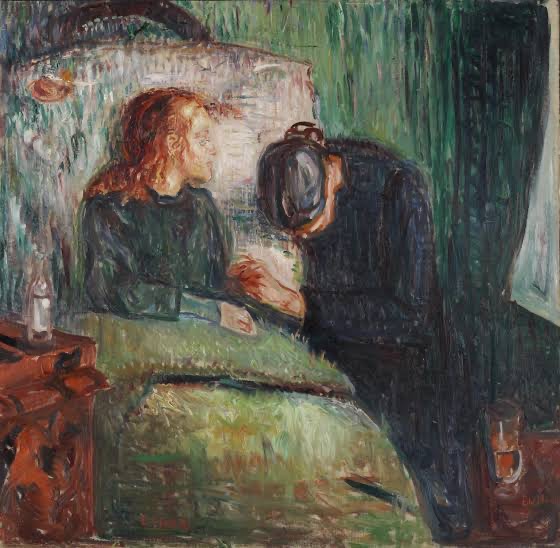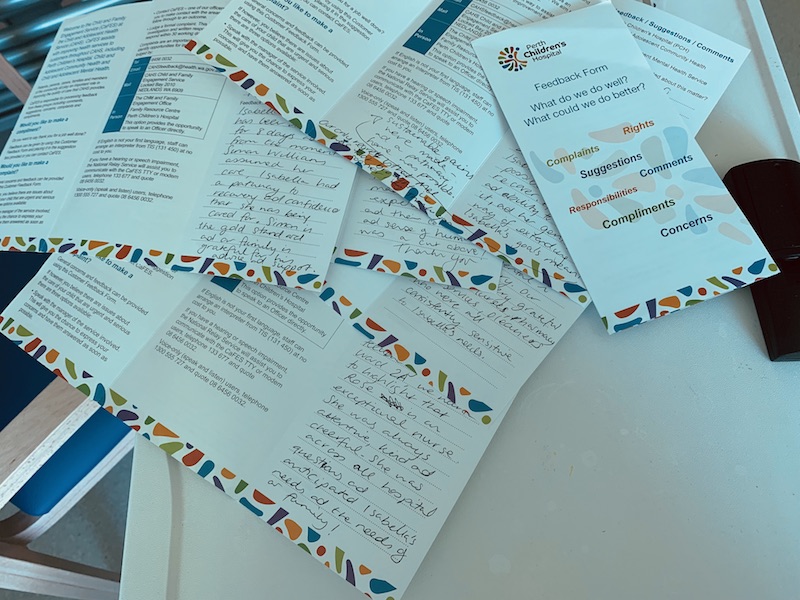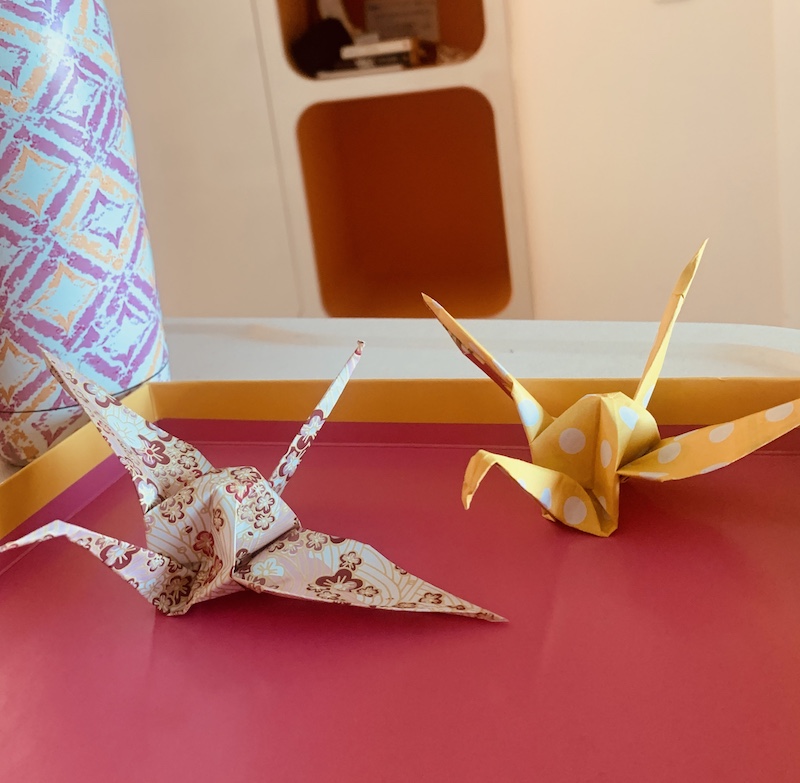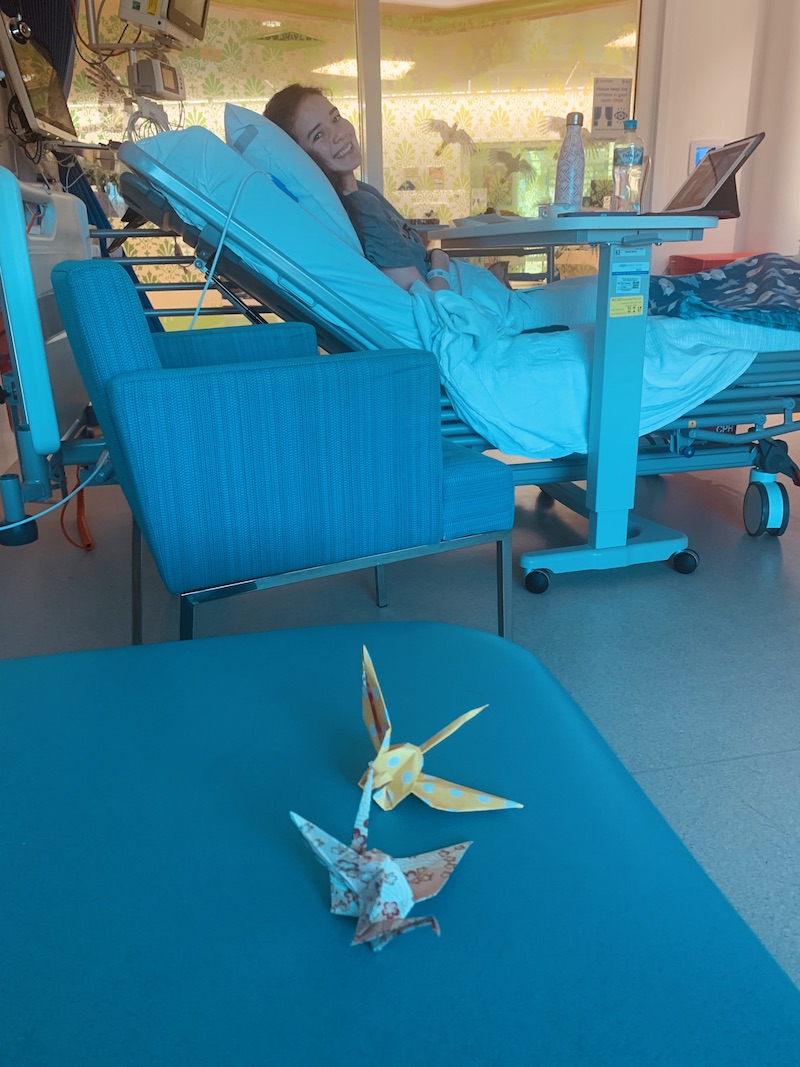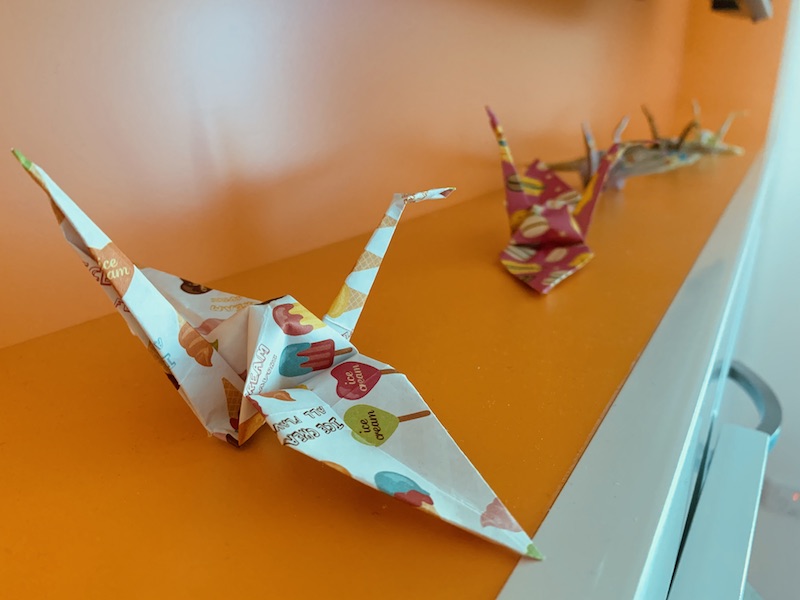needs: Losing my cool in hospital
My girl had been admitted for 4 days and I had been with her 24/7. We were shades of ourselves in that room, our outside life paused, my single priority was the whole kid, not the medical mystery patient.
There were doctors there to work out what was happening and how to deal with it. There were nurses to administer care and there was an endless parade of orderlies to get her to tests, pathology techs to take blood, imaging techs for brain and spine pictures, stewards to bring food, cleaners for the room. An endless list of jobs and people who sorted their patch, their part of the patient. Weaving within those tasks, I existed, a mother of a whole kid.
The routine message from the doctors on Rounds was unchanged. They were going to assess further tomorrow; this might take a multidisciplinary approach and it might be there is no answer but an improvement. In the background of this refrain, little red flags were popping up. The back of my mind was pushing itself forward with alarm bells chiming, as every flag swayed in rhythm to my concern.
Then the moment came, the apex of all my worry and all her pain, landed a moment.
The doctor firmly, calmly batted back to my questions; “There is nothing I can do medically right now” and while some may have frozen with that statement and reeled at why the person who had all the power, knowledge, skills and resources couldn’t help, I’m not much for freezing.
It’s like the rodeo. It’s like I had been thrashing around in a tight metal chute and that statement opened released me, and all my fear, fatigue and frustration in the arena. “I agree, there is nothing YOU can do right now.” While we were in agreement, the shift in emphasis was clear, and my girl was more than uncomfortable with my departure from decorum. It was unfortunately time for me to shift gear and get someone else’s attention. My beloved answered my call, before the door closed behind the doctor.
From there, we had a lot of action, a lot of doctors and allied health professionals. By evening rounds we had a different team, and a plan that made sense to our girl. We felt like someone had looked at our girl as a whole, not her test results and had made sense of the puzzle. We got the response we needed, and had a roadmap to discharge. But at what cost?
I know I am her Mum and her advocate within the health and education system. I know I speak for my girl when she can’t speak for herself. I know her needs are best served by my vigilance and listening to that inner voice and choosing when to speak up. I know sideliners throw out terms like helicopter, bulldozer at me, weaponize the term resilience. I won’t accommodate judgement masquerading as advice. I am the mother of the whole kid, sometimes that comes with kindness and sometimes that spurs a fierce force. I must speak when she needs care. I also know that there is a cost.
The heart racing, the tight chest, the gripped breath all those physical signs that I am not coping were at the surface. I was exposed. I didn’t like the feeling that swallowed me as I levelled my direct, firm stare and hard tone. My unflinching insistence, and brittle request, sharp words and staccato sentences, the insistence for exactitude and demands for clear commitment and rigid accountability – they are confronting to receive and hard for the people around me. It also leaves a raw scar that I know, dwells in me still.
I know what it means to stand for what she needs, and I know the personal cost.
means: can I avoid this?
I honestly don’t know if there is anything I can do to avoid this? It is not something I ever want to plan for, or be suspicious of. I know those harsher steps, that land personally, conceive someone else’s bad day. I know my girl, more kid than patient, is going to find her way in the health system independently and can already see her question her care. I know whatever the circumstances, my beloved and I are best placed to meet her needs, agile enough to change approach, grateful enough to demonstrate we appreciate help and have buckets of love to roll with the punches coming her way. I know it marks me, indelibly, and I know those marks are complicated, but they fade.
